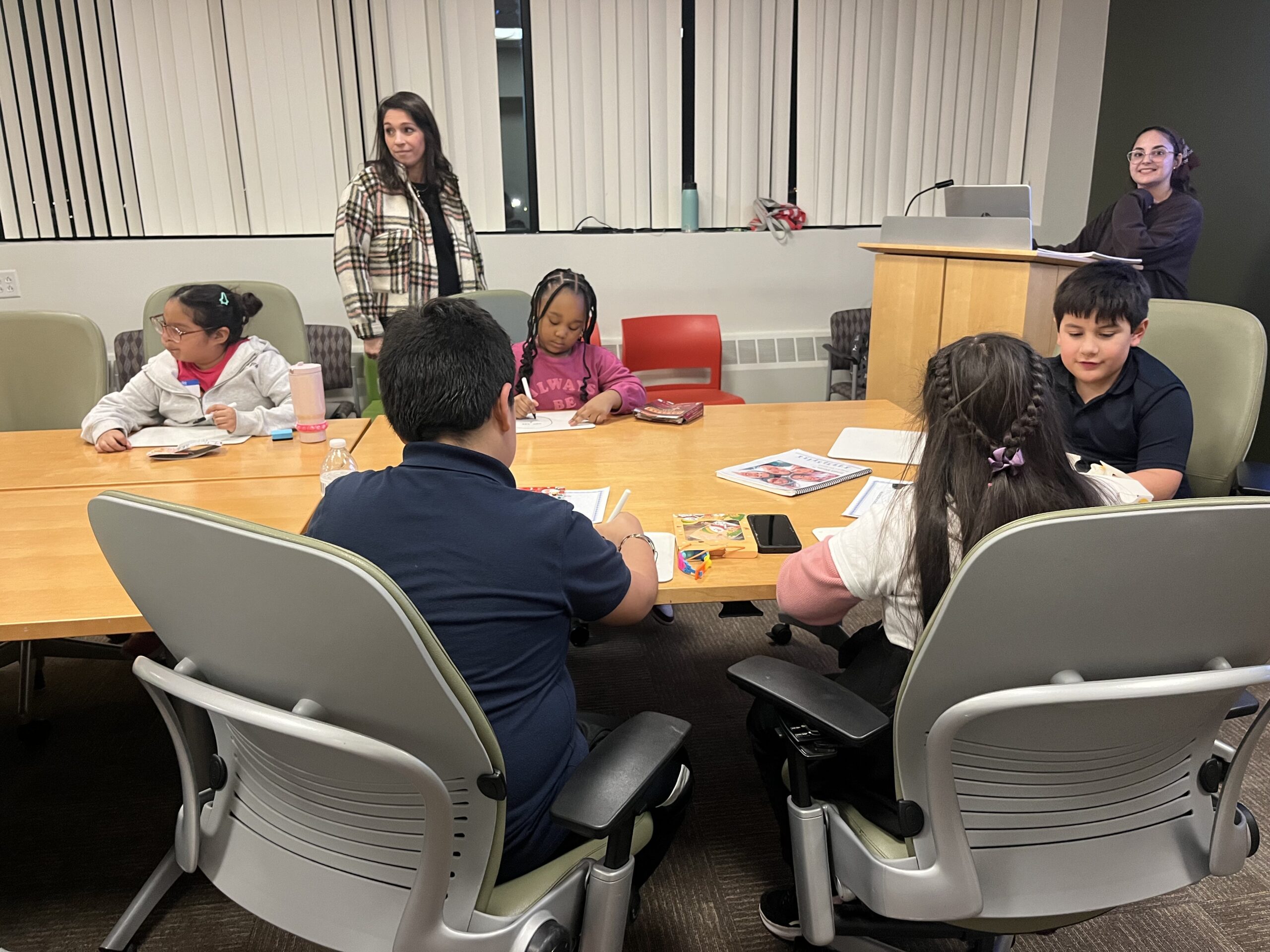Kids Get Fit: How 'Bright Bodies' is Transforming Childhood Health

Empowering Kids with Healthy Lifestyle Skills: A Holistic Approach to Weight Management
In a groundbreaking approach to children's health, educators and nutritionists are shifting away from traditional diet-focused strategies and embracing a comprehensive, skill-based curriculum that promotes overall wellness. This innovative method focuses on teaching children essential life skills that naturally support healthy weight and positive body image.
Instead of restrictive eating plans or calorie counting, the new approach emphasizes building healthy habits, understanding nutrition, and developing a positive relationship with food and physical activity. Children learn to make informed choices, recognize hunger and fullness cues, and understand the connection between nutrition and overall well-being.
The curriculum goes beyond simple dietary instructions, incorporating interactive lessons that make learning about health engaging and fun. Through hands-on cooking classes, nutrition education, and enjoyable physical activities, kids discover that healthy living can be both enjoyable and empowering.
By focusing on skills rather than weight, this approach helps children develop long-term strategies for maintaining a healthy lifestyle. They learn self-confidence, body positivity, and the importance of balanced nutrition—skills that will serve them well throughout their lives.
Parents and educators are increasingly recognizing that sustainable health comes from education, understanding, and positive reinforcement, not from restrictive dieting or negative body messaging. This holistic approach represents a promising path toward raising healthier, more confident children.

